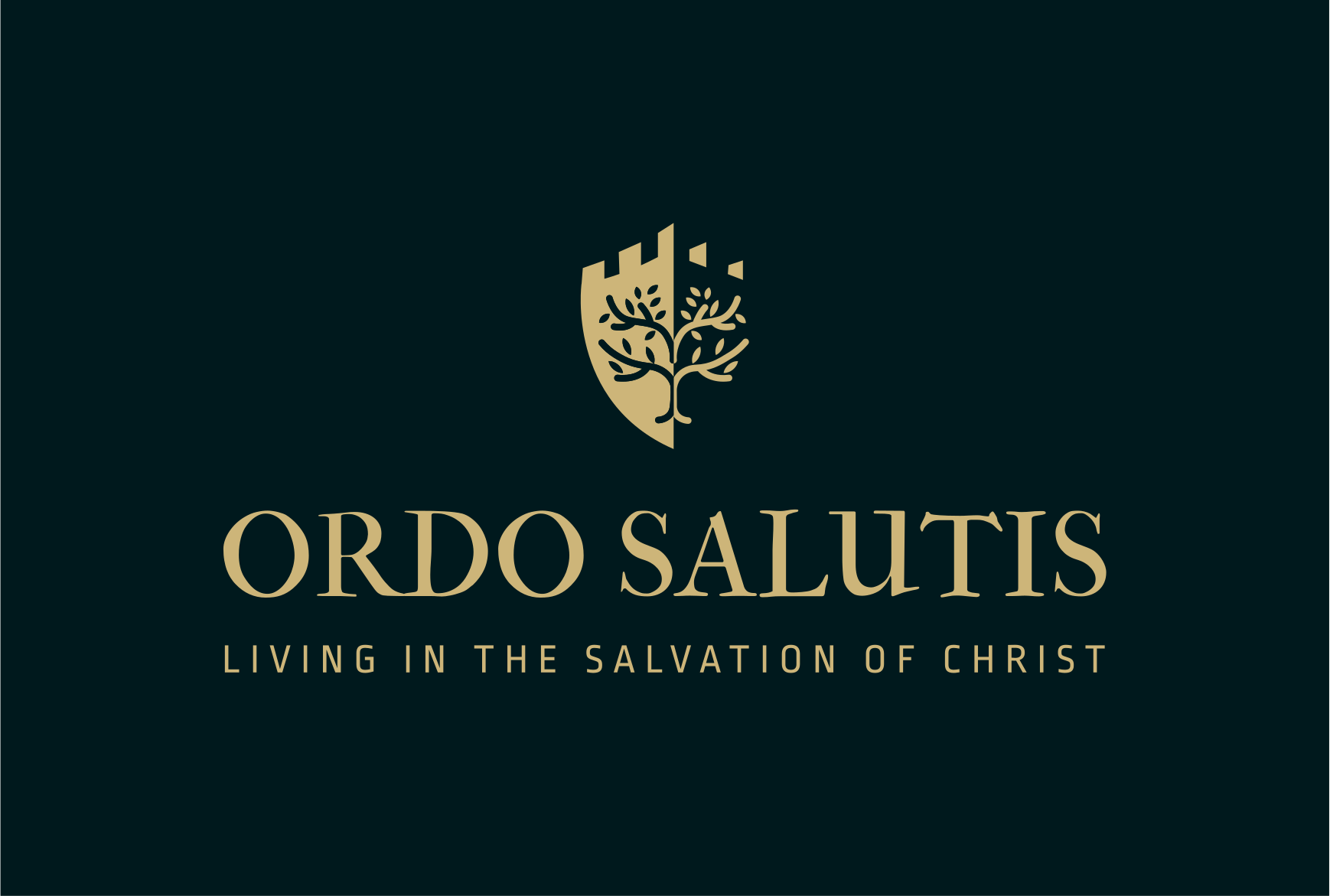 Many years ago, early in my professional career, I started a job as an assistant manager with a Wendy’s franchisee. It was just the right job for me as a young man and leader. Two other young men started with me at or near the same time. One of those young men was Zane Gross.
Many years ago, early in my professional career, I started a job as an assistant manager with a Wendy’s franchisee. It was just the right job for me as a young man and leader. Two other young men started with me at or near the same time. One of those young men was Zane Gross.
Shortly after we started, there came a vacancy in the general manager position. Suddenly, Zane and I, along with the other fellow, were in competition for the GM position. Pretty heady stuff for a mid-20s new father like me. We all wanted it. Bad.
Zane was/is one of those guys with a “Let’s do it!” personality. Assertive, confident, outgoing. Me, not so much then. And I tried my best to be more like Zane as we vied for that position. Eventually, our supervisors made the decision to promote Zane, and he did a great job and had much success.*
Several years passed, and I’d moved on to a couple of different jobs. All during this time, I kept believing that if I were to be really successful as a leader, I needed to be more assertive, show greater initiative, move much quicker in decision-making. The traditional view of the up-and-coming, go-getter businessman. In short, I needed to be more like Zane.
It was in one of those jobs that I was sent to a workshop with some of the other leaders. During that workshop, we all took some sort of personality assessment. I don’t even remember which one it was – possibly a GREGORC or a DiSC. The only thing I remember is that there were 4 quadrants.
As the first quadrant was described (the Zane Quadrant), I remember thinking that that’s what I wanted to be, what I needed to be to succeed as a leader. But, no. My quadrant was in the opposite corner, pitiful and weak, with its deliberative planning and organization skills. Big whoop.
When the facilitator got to my corner, he said something that changed my life and saved my career: “Every organization needs this person.”
Every. Organization. Needs. This. Person. Every organization needs…ME!
That was the game-changer. Suddenly I knew that I didn’t need to be Zane; I needed to be Mark. If there were deficiencies in my leadership, it was because I wasn’t being the most effective version of myself, not because I wasn’t like someone else.
In the years that have followed, I have learned that my greatest leadership comes when I play from my strengths. As I continue to coach young leaders, I help them understand and value their unique strengths and talents. I tell them,
“Every organization needs a leader like you.”
Question to consider: What are your strengths, and how do you bring them to bear on your unique leadership style?
I teach a course which utilizes the DiSC personality assessment. It’s called “Solving the People Puzzle” and is available in faith-based and non-faith-based formats. Please contact me if you are interested in this for your group or organization.
*Zane Gross now owns and operates a fleet of Wendy’s Restaurants in the Midwest. He is also a certified coach with the John Maxwell Team. He’s a successful family man and still, like me, a Browns fan.

3 responses to “How a personality assessment saved my career”
[…] my last blog post, I told my story of how a personality assessment saved my career. If you haven’t read it, please […]
LikeLike
[…] continuing my survey of personality assessments. If you haven’t read Part 1 or a little of my story, you might want to do that first. Otherwise, here are the next […]
LikeLike
[…] concluding my survey of personality assessments. If you haven’t read Part 1 or 2 or a little of my story, you might want to do that first. Otherwise, here are the next […]
LikeLike